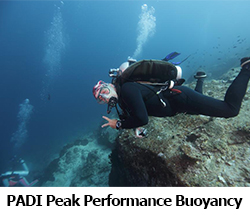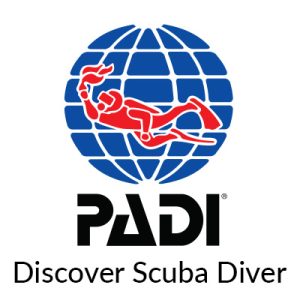Rescue Diver Course
$780.00
Description
“Challenging” and “rewarding” best describe the PADI Rescue Diver Course. Building upon what you’ve already learned, this course expands on what you already know about how to prevent problems and how to manage them if they occur. The fun part about this course is rising to challenges and mastering them. Most divers find the PADI Rescue Diver Course both demanding and rewarding and at the end, say it’s the best course they’ve ever taken.
Skills Mastery:
- Self rescue
- Recognising and managing stress in other divers
- Emergency management and equipment
- Rescuing panicked divers
- Rescuing unresponsive divers
Prerequisites:
- 12 years of age
- PADI Advanced Open Water Diver certification or equivalent
 Be trained for first aid and CPR within the previous two years. You may already have a valid certification or you can complete our Emergency First Response (EFR) Course (click here for details on the EFR Course)
Be trained for first aid and CPR within the previous two years. You may already have a valid certification or you can complete our Emergency First Response (EFR) Course (click here for details on the EFR Course)
NOTE: You should be in a good healthy state, otherwise a doctor’s opinion should be sought when in doubt. For details of a Singapore Dive Doctor click – here
Detailed Course Structure:
Knowledge Development Sessions:
The PADI Rescue Diver Knowledge Development Sessions will be a combination of self and prescriptive learning.
Upon registration, you will receive the online knowledge review for self-study. It will take approximately 6 to 8 hours over one week of self-studying. You will have to complete all the knowledge reviews in the dive manual prior to the pool session with your instructor. You will watch the Rescue Diver DVD during the trip. Students are required to sit through a final exam to ensure 100% mastery and how and when to apply the knowledge learnt.
Skills Development Session:
The Skills Development Sessions will take place during the 2 days of diving over the weekends on a private yacht.
Open Water Evaluation:
This is the most important and exciting part of the Rescue Diver Course. After all the knowledge and skills development and students showing competency in them, the open water training serves as an evaluation where student divers can demonstrate mastery in the 12 required rescue exercises. These skills are further combined and executed to represent two open water simulated real life rescue scenarios.





